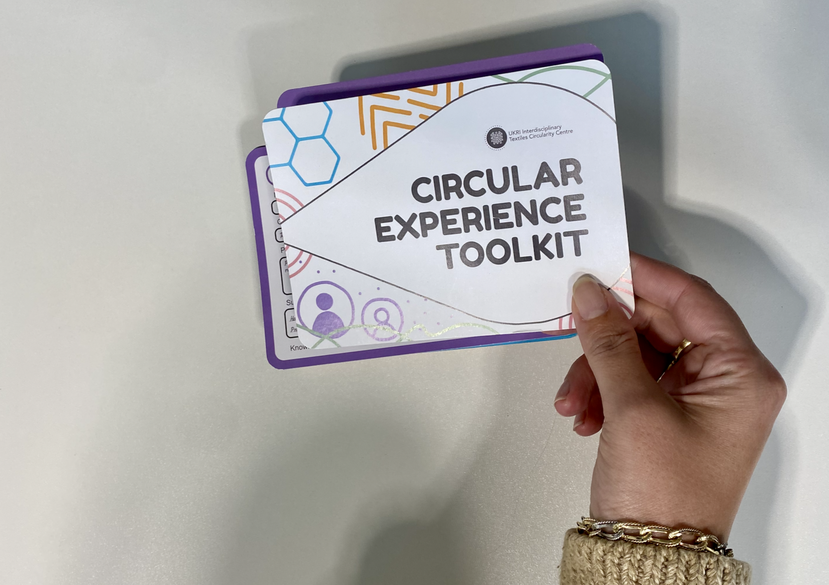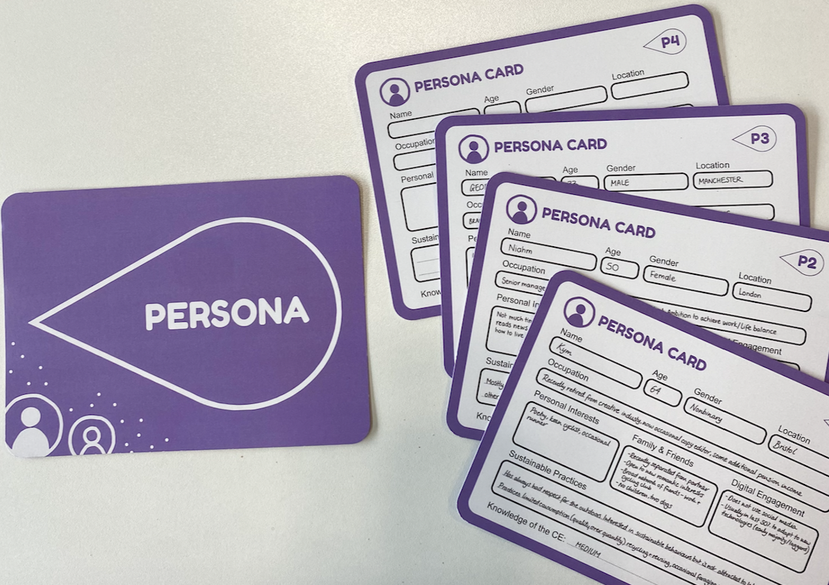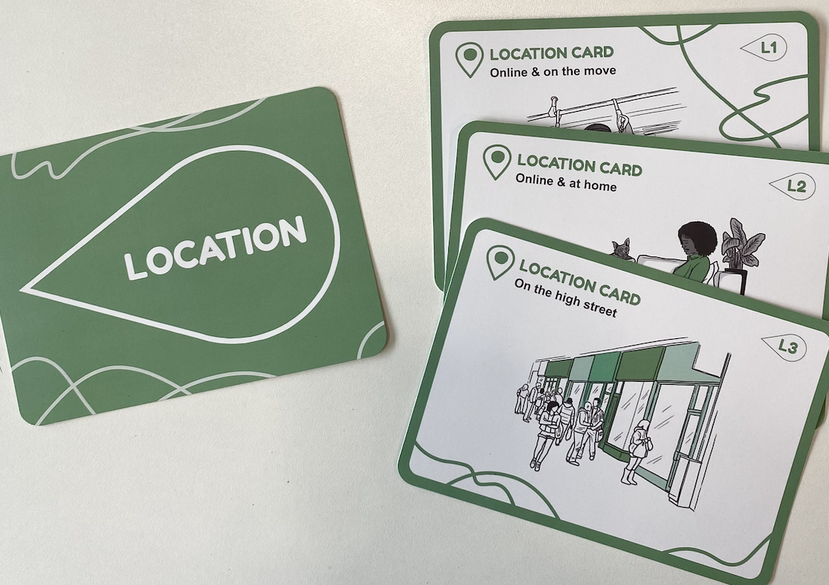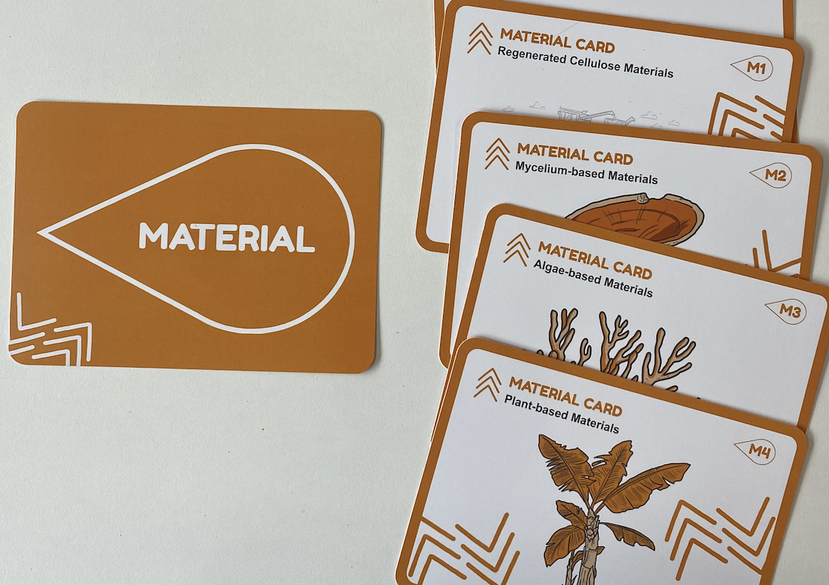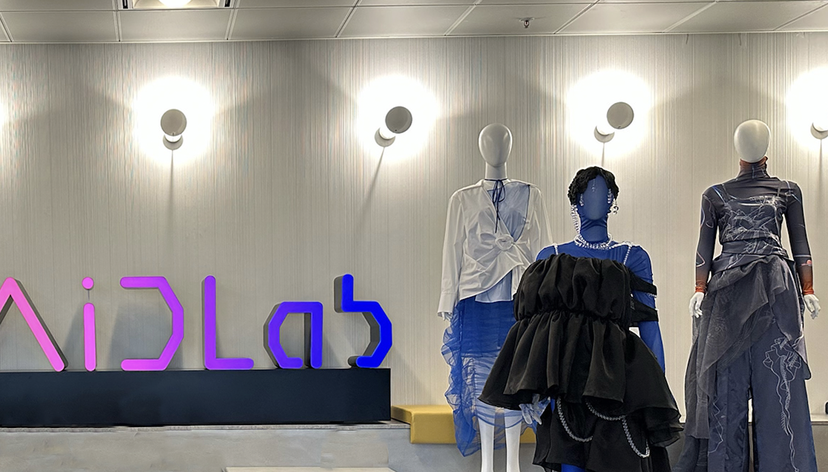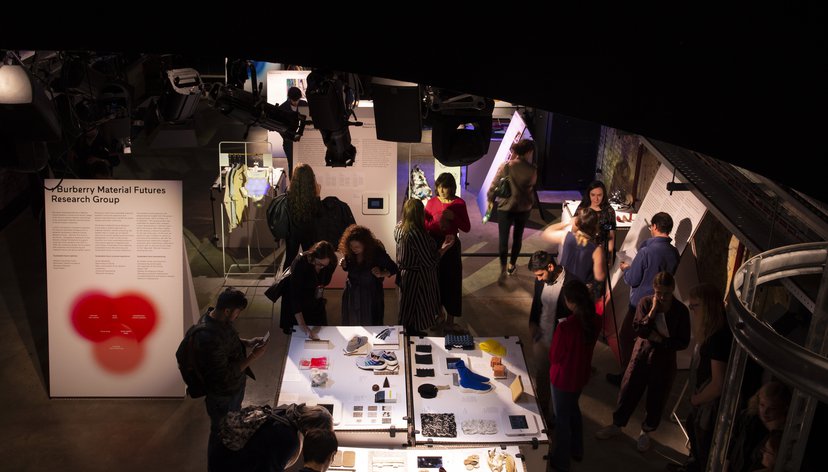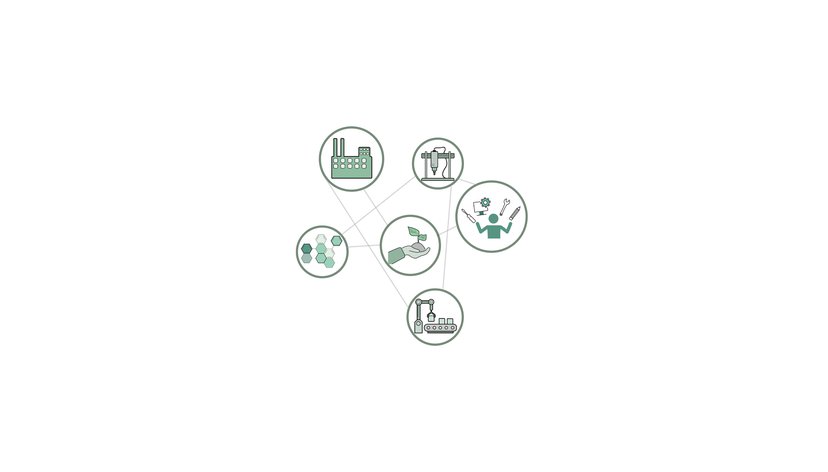
The Circular Experience Toolkit is a design resource that supports fashion professionals to develop retail experiences and services that engage consumers in the circular textile economy.

The Circular Experience Toolkit is a card-based resource developed by the Consumer Experience (CX) research strand in the UKRI Textiles Circularity Centre to help fashion professionals engage their consumers in the circular economy. It consists of cards that speak to human well-being and use creative technologies to create and enhance opportunities for active participation.
Recent research has highlighted the critical role consumers play in creating and maintaining the value of products and materials and keeping them in use for as long as possible. However, most efforts to date have focused on the technical challenges of enabling a circular economy (CE), and there are, as yet, minimal resources to assist fashion professionals with engaging consumers in active CE participation. Strategies underpinning approaches to sustainable consumption have largely relied on information, labels, scare tactics, sacrifice, and nudge theories, which have been shown to have limited impact.
The Toolkit takes a different approach, speaking to dimensions of human well-being (e.g., playfulness, enjoyment and pleasure, and community) enhanced through digital technologies to slow down consumption.
For more information, contact [email protected].
Key details
Gallery
More information
How does the toolkit work?
The Circular CX Toolkit is a practical resource for fashion professionals. The cards can be used to create scenarios around the ‘journeys’ of the people across the lifecycle of fashion products, and the experiences and services that may be part of this. The toolkit comprises the following nine card categories, which are designed to prompt reflection, conversation, and design imagination:
- Persona: Choose your 'typical consumer' from a ready-made option or create your own.
- Location: Where the scenario takes place.
- Time horizon: The when, frequency, and duration of interactions in the scenario.
- Material: ‘Circular’ materials from renewable and sustainable sources for making clothes.
- Sensory signature: The sensory qualities of the garments and/or retail space.
- Consumer-garment relationship: Different phases of an individual’s relationship to a garment, from trying on in-store through to divestment.
- Wellbeing: Dimensions of wellbeing that the consumer experiences or services could design for / speak to.
- Technology: Digital technologies to enhance the circular consumer experience.
- Spare: Space to add additional factors or options.
Who is the toolkit for?
Our research demonstrated that the Circular CX Toolkit can benefit fashion professionals seeking to expand the role and experiences of future consumers in the context of a circular textile economy. The research also demonstrated the potential of addressing human wellbeing and mobilising creative technologies as a way to do this.
Across our fieldwork and TCC events featuring the toolkit, participants have commented on the potential of the scenario building it facilitates. We have already received requests about its availability for use in further research and consultancy.
In addition to assisting sustainable SMEs with conceptualising their alternative retail futures, the toolkit also benefits larger brands by bringing together the different stakeholders (e.g., marketing, merchandising) and their agendas.
